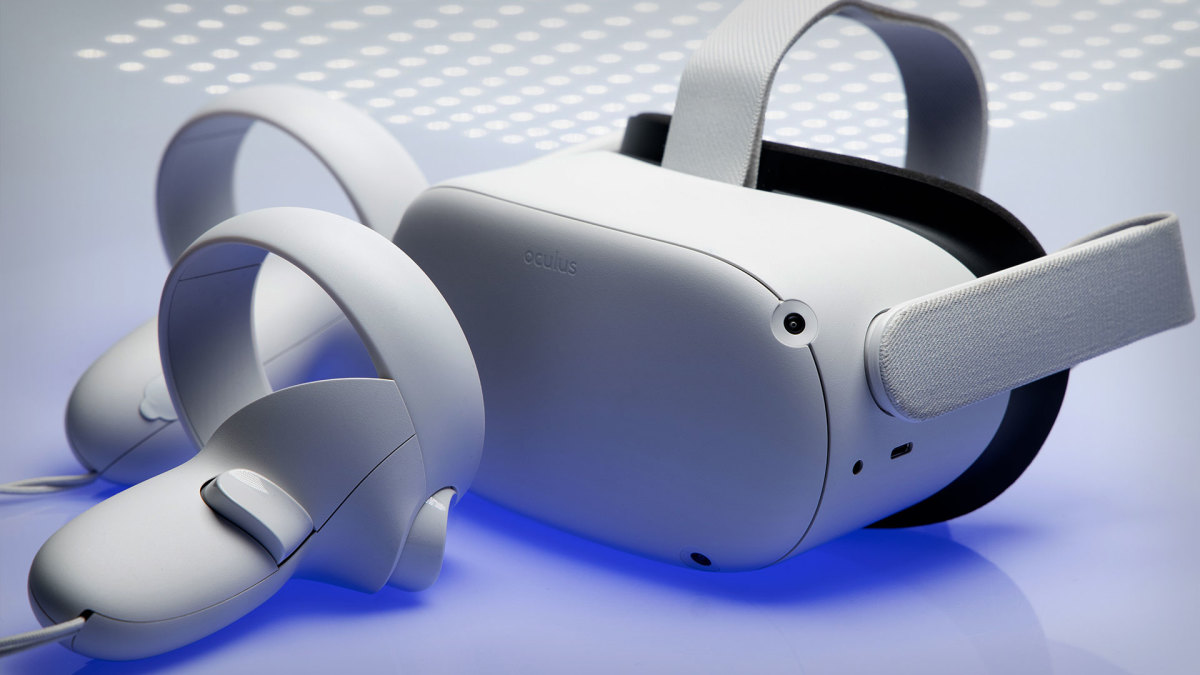I remember watching Back to the Future II as a kid and thinking it would be so cool if someone made the hoverboard from the movie a reality. Sadly, it didn’t happen, and it is still science fiction.
Many companies are working hard to make artificial intelligence from science fiction movies a reality. Can they succeed and make this happen? Give me a hoverboard, and I’ll believe so.
Creating a software product that will become widely used is extremely difficult. As soon as the new market for the said product forms, competitors will come to take a piece for themselves.
Related: OpenAI makes shocking move amid fierce competition, Microsoft problems
While this isn’t an exact rule, it looks like once the market “stabilizes,” we get something in the range of one product with a monopoly to three competing products as a best-case scenario. Think of MS Windows, Microsoft Office, Adobe Photoshop, Google Search, Google Chrome, WhatsApp.
We are still in the market formation stage for artificial intelligence. There is no “killer app” out there yet.
If the market “stabilized” at this point, OpenAI would come on top, taking the second place would probably be Google. Who would be in the third place is difficult to tell, but telling that Meta and Apple wouldn’t be in the top three is easy.
 Meta spent billions on its Metaverse and VR development.
Meta spent billions on its Metaverse and VR development.
Image source: Shutterstock
Meta is repeating its Metaverse strategy
Do you remember the “Metaverse”? The project that made Facebook change the company’s name was supposed to be the “next chapter for the internet.” Whatever that means, where is it? It’s dead, though not officially.
Admitting that the Metaverse is dead would be acknowledging that nearly $50 billion has been spent on futile efforts.
Putting “unlimited” money into a product doesn’t guarantee success. Unfortunately, Meta (META) hasn’t learned this from the Metaverse failure, perhaps because it hasn’t acknowledged that it was a failure.
Related: Oracle CEO sends blunt 2-word message on its business
Meta’s AI efforts haven’t been very successful, and the company has become very focused on improving its chances of winning the AI race.
In June, Meta invested $14.8 billion in Scale AI and acquired a 49% nonvoting stake in the company.
This acquisition prompted Meta’s rivals to pull back from working with Scale. It wasn’t the best investment, and it was expensive. They also hired Scale AI CEO, Alexandr Wang, to lead a new superintelligence project.
It looks like Meta has its own buzzword now. I guess they didn’t like artificial general intelligence (AGI).
Meta also successfully poached other big AI names like Koray Kavukcuoglu, Dr. Jack Rae, and voice AI expert Johan Schalkwyk.
At the end of June, Meta hired OpenAI researchers Lucas Beyer, Alexander Kolesnikov, and Xiaohua Zhai, the WSJ reported.
Meta bites into Apple
Apple (AAPL) has been struggling on the AI front.
I wrote about this year’s underwhelming WWDC presentation. The company is under tremendous pressure to make a change quickly. Rumors are floating around that it might acquire Perplexity AI.
If the rumors are true, Apple’s AI team must feel like the company is about to tell them they failed and are getting replaced by a better team, even if they get to keep their jobs. I wouldn’t like to be in their position.
More AI Stocks:
- Veteran fund manager raises eyebrows with latest Meta Platforms move
- Google plans major AI shift after Meta’s surprising $14 billion move
- Analysts revamp forecast for Nvidia-backed AI stock
Taking Apple’s AI problems into account makes Meta’s latest move look desperate.
Meta poached Ruoming Pang, Apple’s top executive in charge of AI models. Meta offered a package worth tens of millions of dollars per year to seal the deal, reported Bloomberg. If the Perplexity rumors are true, no one can blame Pang for jumping ship.
I don’t see this strategy working out for Meta. Hiring a bunch of big names who are probably used to being “team leaders” and paying them ridiculous sums that “regular” team members won’t get can’t be good for that team’s morale.
An additional problem is that executives and team leaders who are used to being in charge may not be great team players. Who knows, perhaps the second time’s the charm?
